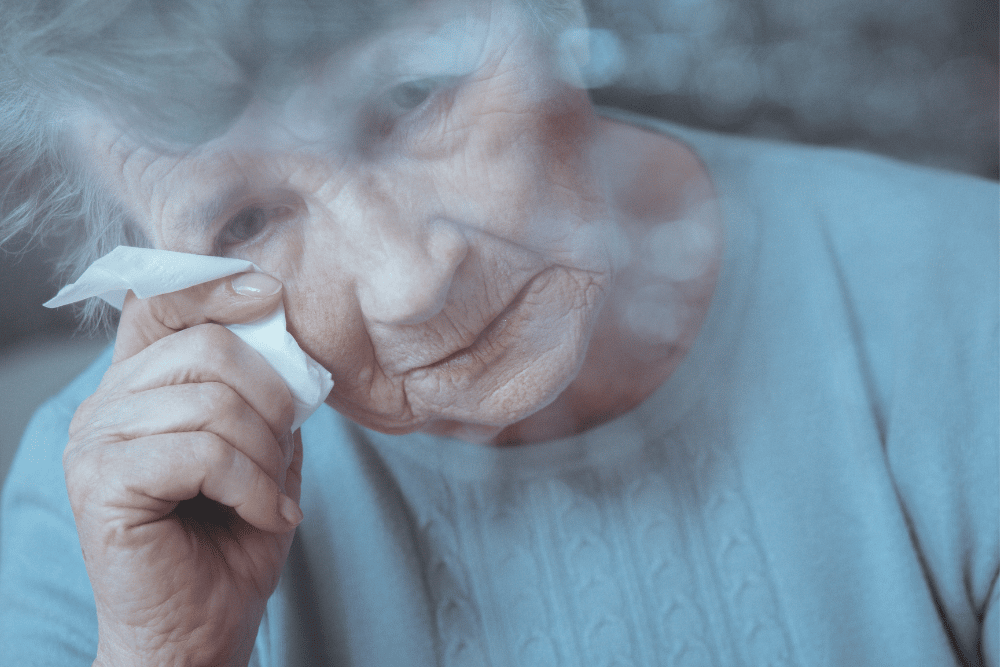Free Consultation
Free Consultation

While the pandemic resulted in thousands of deaths in NY long-term care facilities, it is hard to know how many of those deaths were at least partially the result of nursing home negligence. Worse, poor resident treatment has not disappeared just because COVID-19 seems to be on the wane. On the contrary, it remains all too common not just in New York, but across the country.
A woman in a Syracuse, NY, nursing home was left on her own and died as a result. A 56-year-old man in Freeport, Illinois recently died after a nursing home failed to give him life-saving medication for a pulmonary embolism. A 75-year-old man succumbed to malnutrition and dehydration in an Alabama nursing home.
We all know that the pandemic has created a huge burden for health care workers, including nursing home personnel. Unfortunately, many advocates for the elderly believe that this additional burden makes it harder for nursing home staff to give their residents the care they need, oftentimes resulting in neglect. To compound the problem, numerous nursing homes have also become understaffed due to COVID-19.
Nursing home abuse is any type of harm — including physical or emotional harm, sexual assault, or financial exploitation — that is committed against a resident of a nursing home.
Nursing home abuse occurs when a resident is mistreated intentionally. Neglect is considered a type of abuse; however, it is typically passive in nature, and is usually committed by a resident’s caregiver (abuse can be committed by other residents as well as caretakers).
Nursing home neglect and negligence are similar, but differ slightly in their meanings.
According to the Merriam-Webster Dictionary of Law, negligence is a “failure to exercise the degree of care expected of a person of ordinary prudence in like circumstances in protecting others from a foreseeable and unreasonable risk of harm in a particular situation.” Neglect is more specific; it is defined as “a disregard of duty resulting from carelessness, indifference, or willfulness.”
While negligence might not be as violent as outright abuse of nursing home patients, it can be just as deadly. There are several different forms of nursing home negligence/neglect – here are the most common types:
Medical neglect occurs when staff do not provide basic medical care to a resident. This can include improper care for existing conditions, failure to administer medications, and failure to report signs of illnesses or infections.
Social interactions boost mood and mental health, but if nursing home staff prevent residents from interacting with others, social and emotional neglect can occur. This can happen if residents are accidentally isolated, or if those with mobility problems don’t have access to items that can help them move around, such as canes or walkers.
This includes improperly bathing residents or not bathing them at all, not changing a resident’s clothes on a regular basis, not changing the clothes or bedding if a resident soils themselves, and not keeping a resident’s room or the nursing home facility itself clean.
Warning signs that a loved one may be suffering from neglect includes the following:
It goes without saying that nursing home neglect can have a devastating impact on both the patient and their loved ones. Here are some of the effects of nursing home negligence:
As part of a state budget deal, NY lawmakers recently passed legislation aimed at reducing neglect in nursing homes by holding facility operators more accountable. For-profit homes would be required to spend at least 70% of their revenue on direct patient care, which is still lower than in some other states. The budget also provides $64 million to nursing home and acute care facilities in order to boost nursing staff levels.
Even during a pandemic, NY nursing homes are required to protect their residents from neglect. While the new laws will hopefully decrease the amount of negligence seen in New York nursing homes, loved ones of residents should still keep alert for signs of neglect. If you suspect nursing home negligence, a reputable NY injury lawyer can help you determine if you have a case.